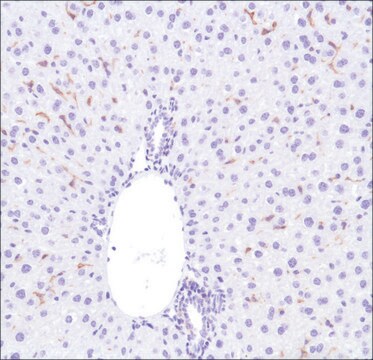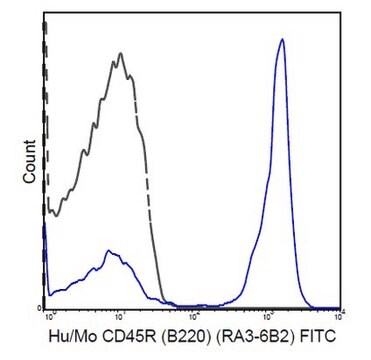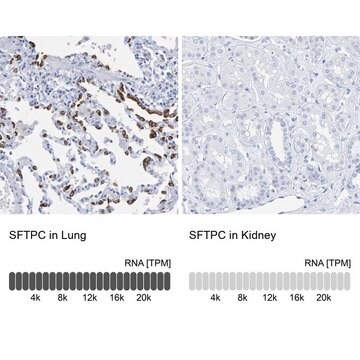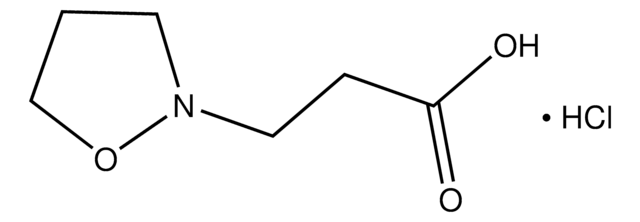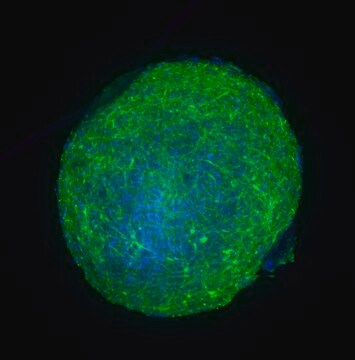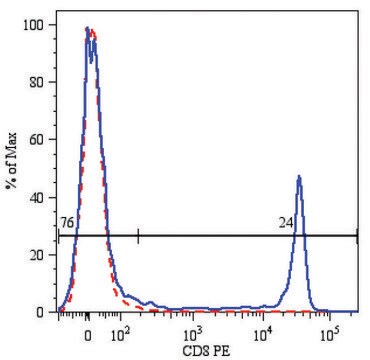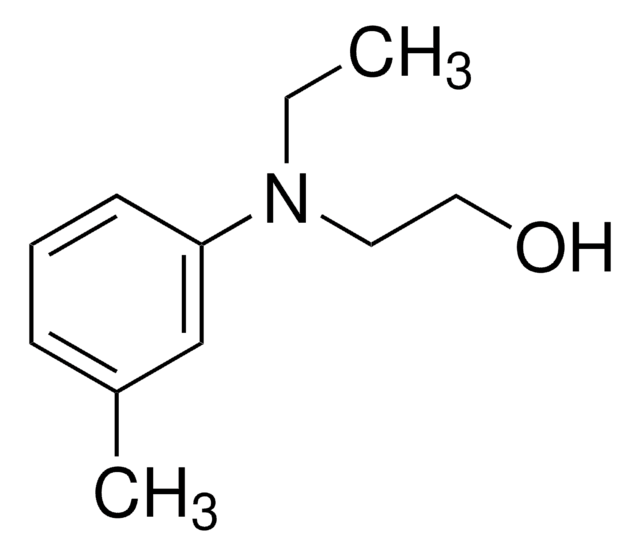MABF148D
Anti- CD161 (NK1.1) (mouse), APC, clone PK136 Antibody
clone PK136, from mouse, Allophycocyanin conjugate
Sinonimo/i:
Killer cell lectin-like receptor subfamily B member 1B allele A, CD161 antigen-like family member B, Lymphocyte antigen 55b (Ly-55b), NKR-P1 34, Natural killer cell surface protein NKR-P1B allele SJL/BALB (NKR-P1B), CD161b, CD161 (NK1.1)
About This Item
Prodotti consigliati
Origine biologica
mouse
Livello qualitativo
Coniugato
Allophycocyanin conjugate
Forma dell’anticorpo
purified antibody
Tipo di anticorpo
primary antibodies
Clone
PK136, monoclonal
Reattività contro le specie
mouse
Confezionamento
antibody small pack of 25 μg
tecniche
flow cytometry: suitable
Isotipo
IgG2aκ
N° accesso UniProt
modifica post-traduzionali bersaglio
unmodified
Informazioni sul gene
mouse ... Klrb1C(17059)
Categorie correlate
Descrizione generale
Immunogeno
Applicazioni
Inflammation & Immunology
Immunoglobulins & Immunology
Qualità
Flow Cytometry Analysis: 0.125 μg from a representative lot detected CD161 (NK1.1) in one million C57Bl/6 splenocytes stained with FITC Anti-mouse CD3e.
Stato fisico
Stoccaggio e stabilità
Note: It is recommended to store the product undiluted at 2-8°C and protected from prolonged exposure to light. Do not freeze.
Altre note
Esclusione di responsabilità
Non trovi il prodotto giusto?
Prova il nostro Motore di ricerca dei prodotti.
Codice della classe di stoccaggio
12 - Non Combustible Liquids
Classe di pericolosità dell'acqua (WGK)
nwg
Punto d’infiammabilità (°F)
Not applicable
Punto d’infiammabilità (°C)
Not applicable
Certificati d'analisi (COA)
Cerca il Certificati d'analisi (COA) digitando il numero di lotto/batch corrispondente. I numeri di lotto o di batch sono stampati sull'etichetta dei prodotti dopo la parola ‘Lotto’ o ‘Batch’.
Possiedi già questo prodotto?
I documenti relativi ai prodotti acquistati recentemente sono disponibili nell’Archivio dei documenti.
Il team dei nostri ricercatori vanta grande esperienza in tutte le aree della ricerca quali Life Science, scienza dei materiali, sintesi chimica, cromatografia, discipline analitiche, ecc..
Contatta l'Assistenza Tecnica.
